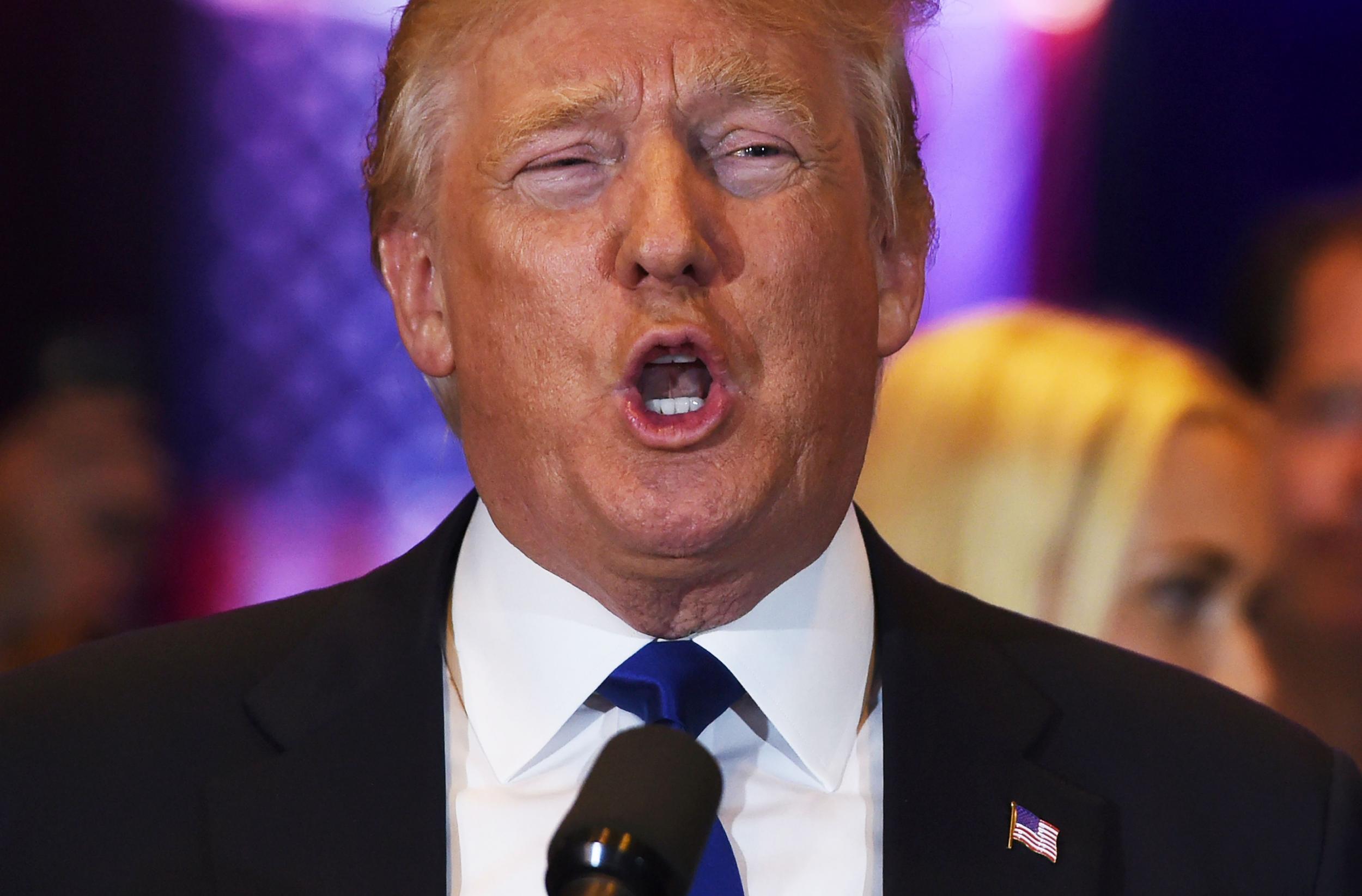What is 'whitelash', and why are experts saying it led to Donald Trump's election?
Caucasian voters have turned out in their masses to elect Republican, according to polls

Your support helps us to tell the story
From reproductive rights to climate change to Big Tech, The Independent is on the ground when the story is developing. Whether it's investigating the financials of Elon Musk's pro-Trump PAC or producing our latest documentary, 'The A Word', which shines a light on the American women fighting for reproductive rights, we know how important it is to parse out the facts from the messaging.
At such a critical moment in US history, we need reporters on the ground. Your donation allows us to keep sending journalists to speak to both sides of the story.
The Independent is trusted by Americans across the entire political spectrum. And unlike many other quality news outlets, we choose not to lock Americans out of our reporting and analysis with paywalls. We believe quality journalism should be available to everyone, paid for by those who can afford it.
Your support makes all the difference.While pre-election commentary was dominated by speculation about whether Donald Trump’s controversial remarks about black and Hispanic people would spark an angry backlash from minority voters, one major demographic group went largely ignored.
According to the exit polls, white voters turned out in their masses to elect Mr Trump as president – and this perceived act of angry rebellion has been dubbed "whitelash". But what is this concept?
Where did the term come from?
Visibly reeling from the shock US election result, CNN commentator and attorney Van Jones said: “This was a whitelash.
"This was a whitelash against a changing country, it was a whitelash against a black president in part. And that’s the part where the pain comes.”
What is the evidence for it?
The US Census Bureau will eventually release an official and comprehensive round-up of which population group voted for whom, but exit polling has given some early insights into the demographics of the electorate.
According to Edison Research's national election poll, which collected results from 24,537 respondents in 350 polling stations, nearly 60 per cent of all white voters chose Mr Trump.
And they made up the bulk of the voters: 69 per cent of Americans who turned up to the polling stations were white.
Mr Trump did not just perform well with white blue-collar voters. The Republican performed well with voters of both genders and almost all ages and education levels.
The only exception was white, college educated women, 51 per cent of whom opted for Hillary Clinton.
Among non-white voters, who make up 31 per cent of the electorate, only voted 21 per cent opted for the Republican.
The demographic break-down comes amid growing concern over racial tensions in the US after a series of deaths of black men at the hands of police.
As news of Mr Trump winning the White House broke, former Klu Klux Klan leader David Duke said it was "one of the most exciting nights of my life".
Join our commenting forum
Join thought-provoking conversations, follow other Independent readers and see their replies
Comments